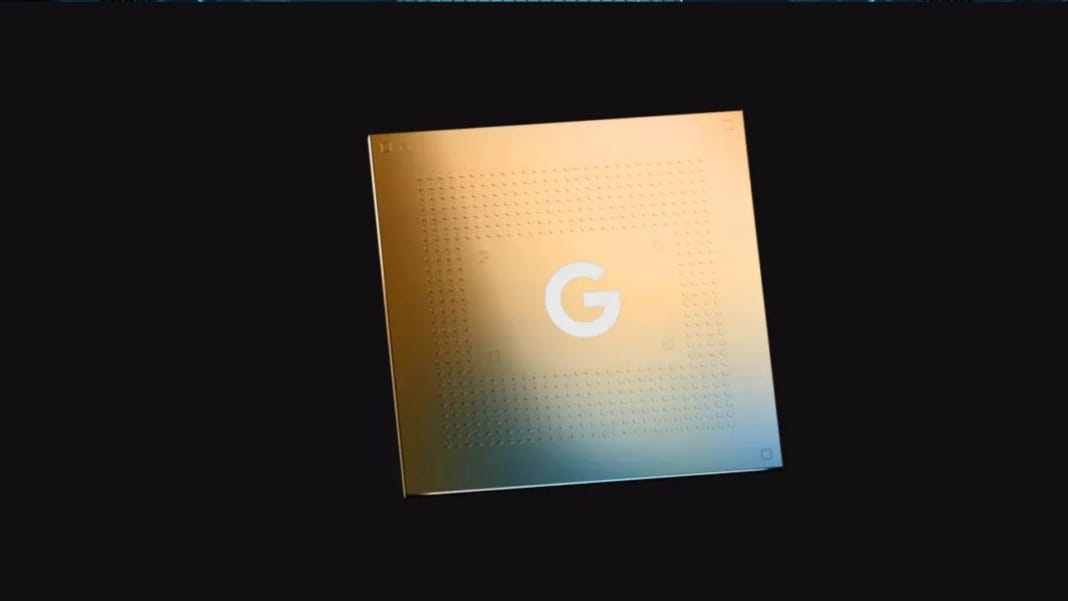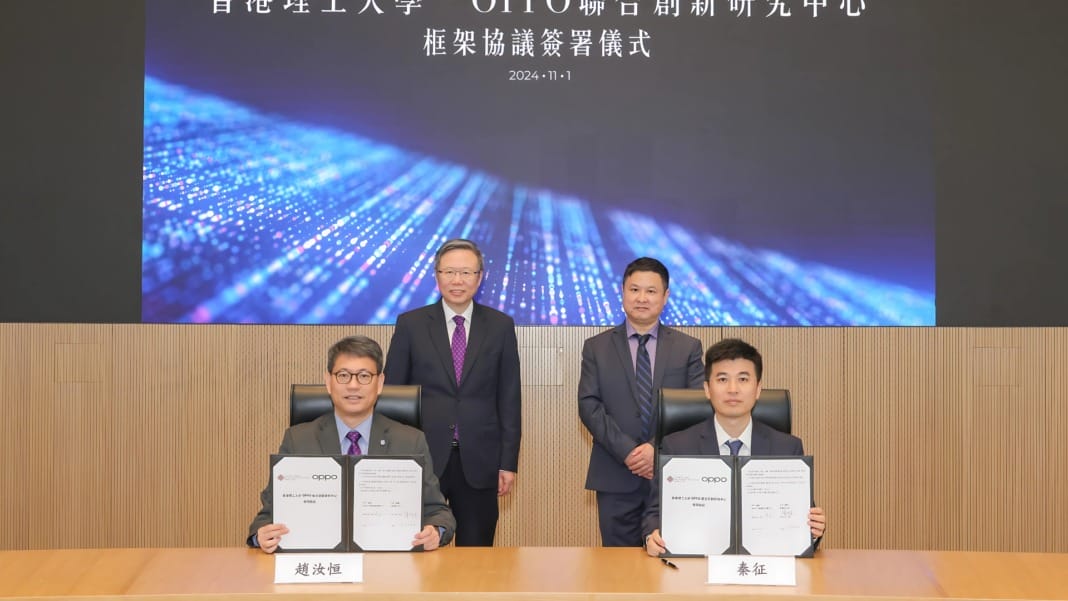If you were scrolling through Geekbench 6’s processor results recently, you might have noticed an unexpected entry labelled “Google Frankel.” This intriguing listing has sparked plenty of speculation among tech enthusiasts, as it appears to be linked to a potential Google processor prototype, widely rumoured to be the upcoming Tensor G5 chip.
Reports from GSMArena suggest that “Google Frankel” could be a new Google Tensor G5 chipset based on its unique CPU setup and graphics processing unit (GPU) choice. The benchmark details, uploaded to Geekbench on 2 November 2024, have fueled the rumours, especially because they hint toward Google’s involvement in the development.
Google Frankel: the mysterious processor layout
One of the most exciting details about “Google Frankel” lies in its distinctive eight-core, three-cluster design. This setup includes one primary high-performance core, five performance cores, and two efficiency cores, giving it a layout similar to Google’s previous Tensor processors. The listing also reveals that the processor was running on an Android 15 operating system, with a unique CPU governor known as “sched_pixel,” which is believed to be custom-made by Google for its processors. Additionally, the CPU uses Arm technology for its cores, following a pattern in other Google-made processors.
Although the details are still uncertain, this multi-core structure could mean a better balance between performance and efficiency for future devices. However, it’s important to remember that this design may not yet indicate a significant leap in processing power. As seen in the initial Geekbench score, while “Google Frankel” outperformed some existing Google Tensor G4 scores, it still falls short compared to the best Tensor G4 results.
A work-in-progress: what the benchmark scores mean
Benchmark scores are always exciting for tech enthusiasts but aren’t necessarily a direct measure of final performance. The “Google Frankel” score shows some promise in this case, but the results should be considered a work in progress. Since the score is slightly higher than previous Tensor G4 benchmarks, it suggests that Google is exploring processor improvements. Still, these results alone can’t confirm that “Google Frankel” will necessarily be part of a future device.
The mystery surrounding this processor doesn’t end there. The lack of official information means no confirmation that “Google Frankel” will become an official Google product. This could be an internal test unit or a scrapped project in the early stages. For now, there’s no indication that this benchmark score reflects the final capabilities of a Google Tensor G5 or a future release.
Google’s push for mobile performance improvements
While “Google Frankel” remains a mystery, its appearance hints that Google is actively working to advance its in-house processor lineup. Google has been using its custom Tensor chips in its Pixel devices for a few years, and each generation has brought noticeable improvements in processing power and efficiency. If this processor prototype eventually becomes part of Google’s official lineup, it may signal the company’s continued commitment to optimising mobile performance.
As Google pursues these benchmarks and tests, it’s encouraging for Pixel fans who hope for even faster, more efficient devices. With Android 15 on the horizon, the timing of these tests could mean that Google is pushing to align its hardware advancements with its software improvements.
So, while “Google Frankel” may still be shrouded in mystery, it’s an exciting hint at what Google could be releasing soon.





